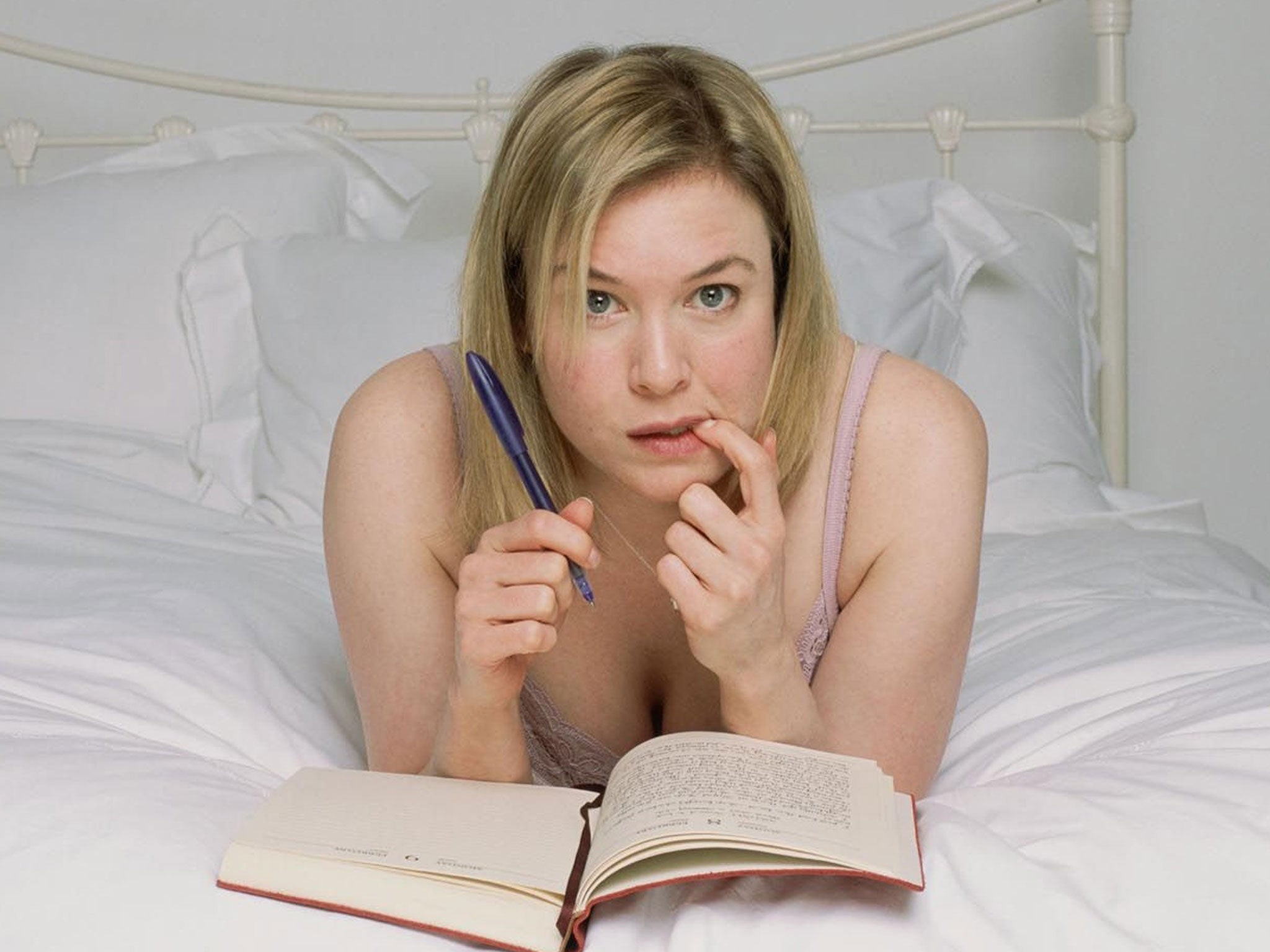Helen Fielding's timeless creation is growing older - but is Bridget Jones growing wiser too?
Great TV shows like The Simpsons have survived the decades by having characters that never age. New Bridget Jones novel, Mad About the Boy promises a different tack


One of the great things about The Simpsons, apart from the expertly crafted jokes, the sharp social commentary, the puncturing of celebrity ostentation, and the superb characterisation, is the fact that no one ever grows up.
So Bart, Lisa and Maggie are the same age as they were when the show - in my estimation, the greatest series in the history of TV - first came into our lives all of 24 years ago. Even the family dog, Santa's Little Helper, is still going strong, many years after the normal life expectancy of a typical mutt.
That's the thing about cartoon characters: they don't have to grow up, causing the scriptwriters problems. Bart's frames of cultural reference have changed over the past couple of decades, but he's still the same primary school boy with wicked intentions who has learnt rather too much from his father.
Long-running series with "real" people don't have the advantage of being preserved, aspic-like, in a particular time and place. So it is with one of the most successful comic creations of our time, the perpetual singleton Bridget Jones. The invention of a sparky Yorkshirewoman called Helen Fielding, Bridget first captured our attention back in 1995 when her diary was published every Wednesday in The Independent.
Bear in mind that this was in the days before social media, and popular movements had to be created - literally - by word of mouth, it seems astonishing in retrospect how quicky, and effectively, the impact of Bridget's take on the mores of modern life spread. She became a totemic figure for a certain type of single, thirty-something woman who dates, drinks and obsessively watches her weight. She was a creation of the 1990s when reckless consumption and conspicuous materialism were not frowned upon in quite the way they are now, and when social commentators talked about "The Bridget Jones Generation", Helen and her fictional alter-ego had secured their place in modern cultural history.
Then came the books, the films, the musical (still in gestation), and now she's back. A new diary, entitled "Mad About the Boy", is to be published in October, nearly 15 years after the last instalment, and Bridget is now a forty-something trying to negotiate her way around the potholes of 21st century communication.
Like all of us, she may have had to succumb to the ageing process, but, judging by an advance release of short snippets of the book, she hasn't lost her capacity for chaotic self-destruction. Today she is immersed in social media, counting her number of followers in the way she once counted calories, and she's discovering a rule that I discovered some time ago: don't drink and dial. In the old days, she'd never have written a letter late at night, and gone to a postbox and delivered it. "A text is gone at the brush of a fingertip," she writes, "like a nuclear bomb or Exocet missile." The previous Bridget Jones tomes have sold a total of more than 15 million copies across the world. To have stood the test of time, given that Bridget was very much a product of age in which she was born, is quite remarkable. She is truly a phenomenon. Timeless, but not ageless.

Join our commenting forum
Join thought-provoking conversations, follow other Independent readers and see their replies